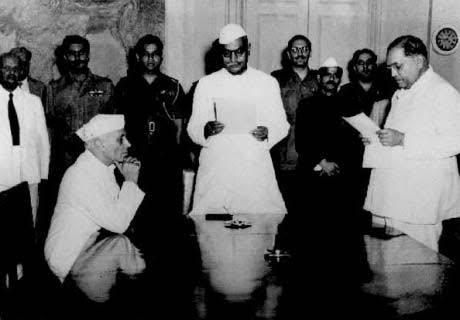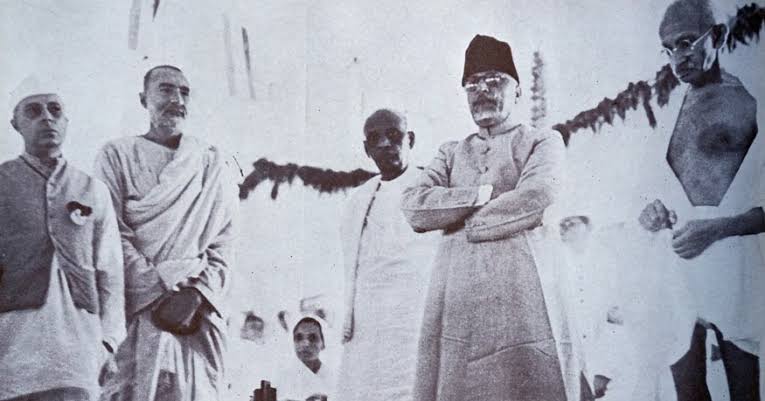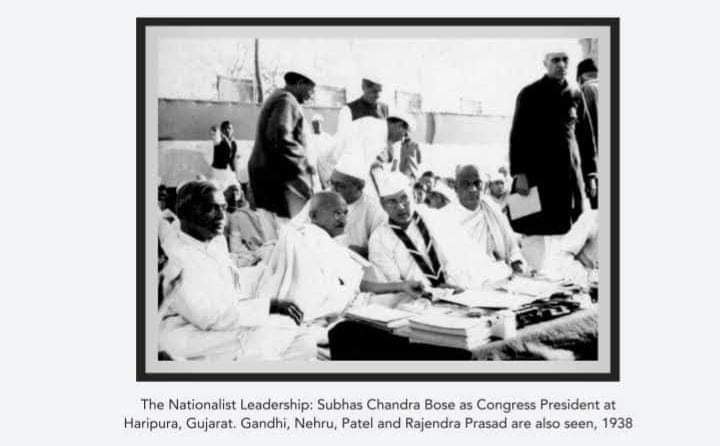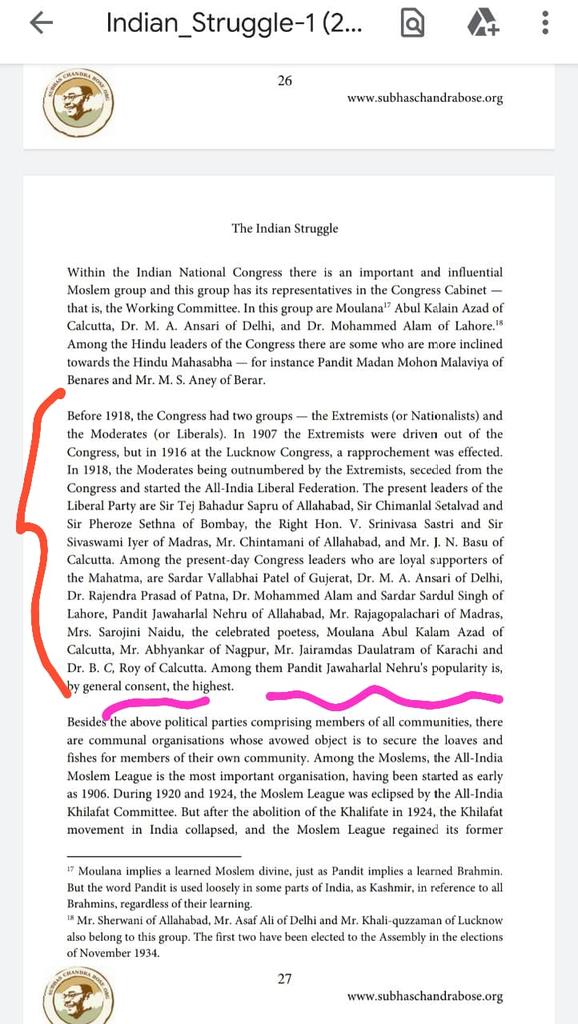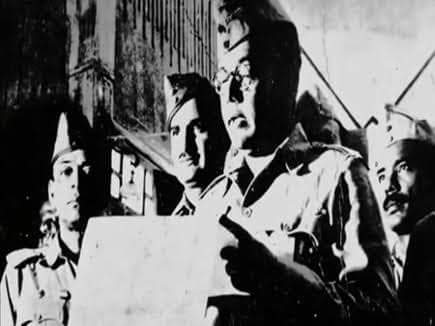
1950 January 26, Thursday; FIRST DAY OF THE REPUBLIC
After several days of bone-chilling weather, brilliant sunshine greeted New Delhi on January 26, 1950. The mood in the capital was electric.
(1/n).
After several days of bone-chilling weather, brilliant sunshine greeted New Delhi on January 26, 1950. The mood in the capital was electric.
(1/n).

People were exchanging greetings for the new era that had just dawned under the new Constitution.
For Rajendra Prasad, it was a hectic day. He started with a visit to Rajghat to pay homage to the Mahatma.
(2/n).
For Rajendra Prasad, it was a hectic day. He started with a visit to Rajghat to pay homage to the Mahatma.
(2/n).

Immediately after returning, he was swo-rn in as the country’s first president at around 9 am by the governor general of India, C Rajagopalachari at the Darbar Hall of Rashtrapati Bhavan.
(3/n).
(3/n).
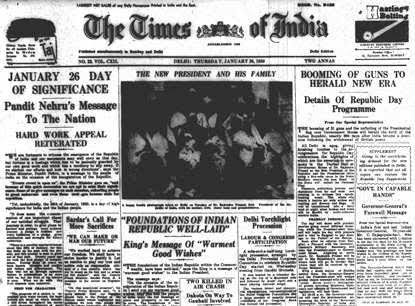
The historic swearing-in-ceremony was graced by over 500 guests who had assembled inside the hall.President Sukarno of Indonesia,his wife & several members of the diplomatic corps, members of the Constituent Assembly and prominent citizens had graced the Darbar Hall occasion.
4/n
4/n

After taking the oath, President Prasad made a short speech in Hindi and English, stating that it was a memorable day in the country’s history.
(5/n).
(5/n).
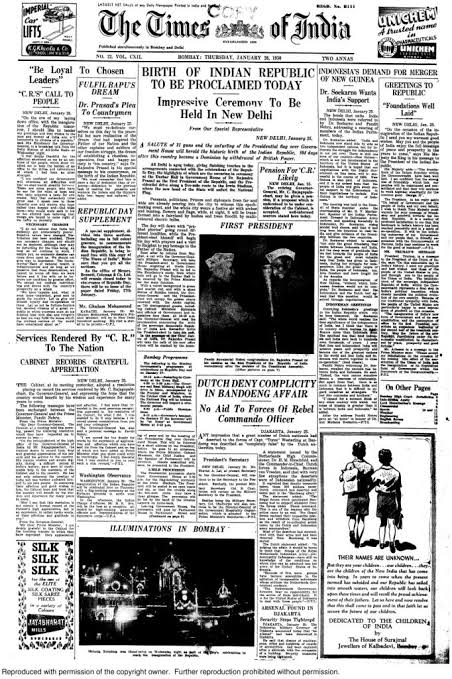
Prime Minister Nehru, Deputy PM Vallabhbhai Patel, cabinet ministers and Supreme Court judges were present in the hall to witness the defining moment of our country. Moments later, Nehru and his Cabinet colleagues were sworn-in.
(6/n).
(6/n).

In the Darbar Hall, for the first time the national emblem of the Ashoka Pillar was placed near the throne where in the past the British viceroys had sat. Outside the hall, there were scenes of jubilation.
(7/n).
(7/n).

Large crowds of men, women and children had assembled in the forecourt of Rashtrapati Bhavan. Many of them had come from adjoining states to witness the ceremony. People raised slogans of ‘Gandhiji ki jai!’ and ‘Vande Mataram’.
(8/n).
(8/n).

Thousands visited Rajghat to pay their homage to the father of the nation two years after his tragic death.
After the ceremony at Rashtrapati Bhavan, the scene shifted to Irwin Stadium.
(9/n).
After the ceremony at Rashtrapati Bhavan, the scene shifted to Irwin Stadium.
(9/n).

The new president travelled in a horse carriage and Delhi’s roads were lined with cheering crowds standing along the five-mile route waving tricolours. A booming 31-gun salute greeted the president when he reached the stadium.
(10/n).
(10/n).

After unfurling the national flag, the president, in his brief address, said, “We must rededicate ourselves on this day to the peaceful but sure realisation of the dream that had inspired the Father of the Nation, and other leaders and soldiers of our freedom struggle,
(11/n).
(11/n).

the dream of establishing a classless, free and happy society.”
- excerpts from Hindustan Times dated 26/01/2012.
(n/n).
- excerpts from Hindustan Times dated 26/01/2012.
(n/n).

• • •
Missing some Tweet in this thread? You can try to
force a refresh


